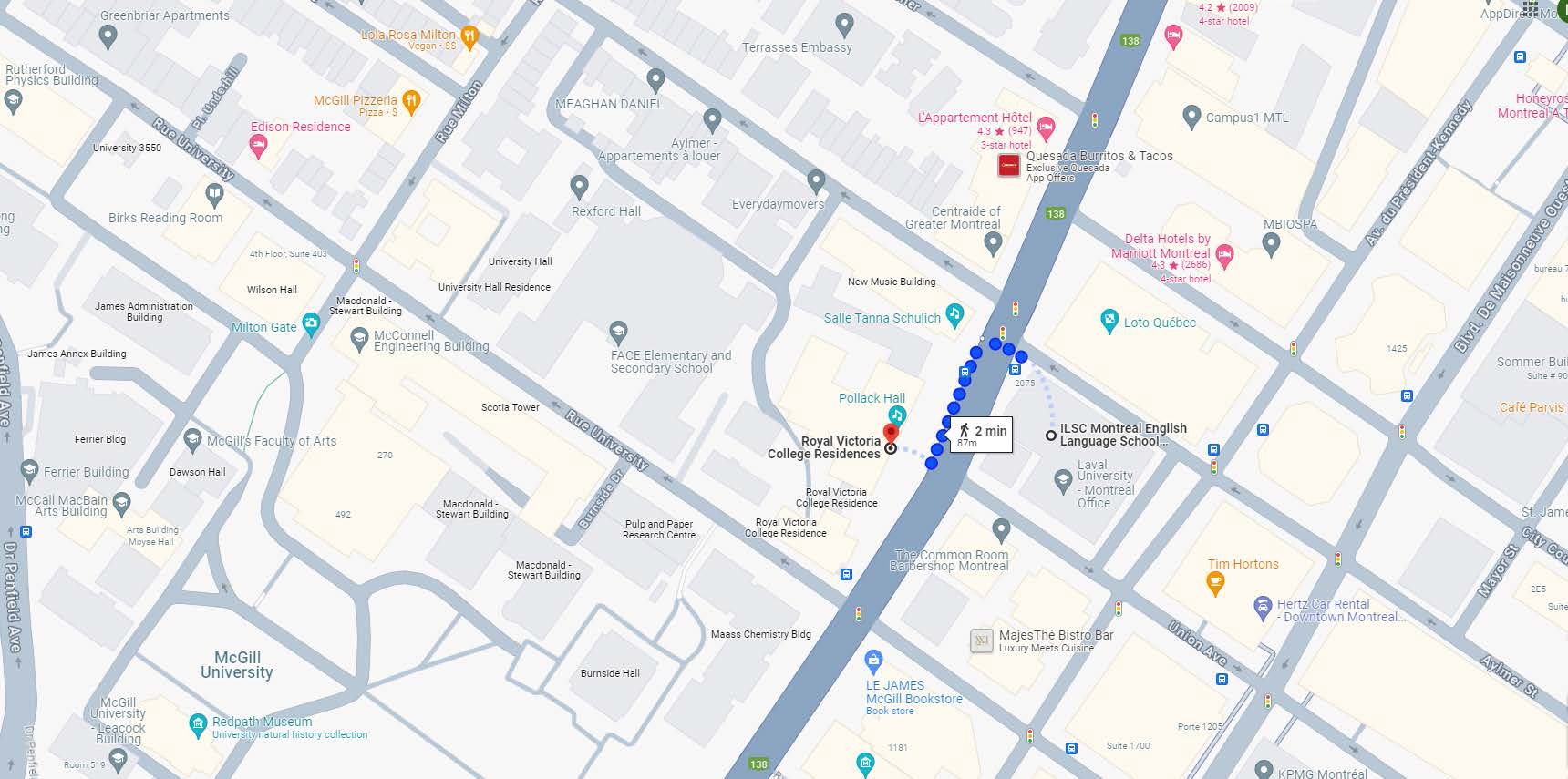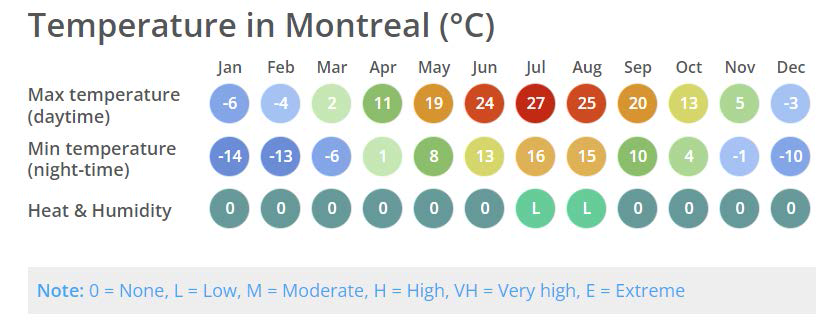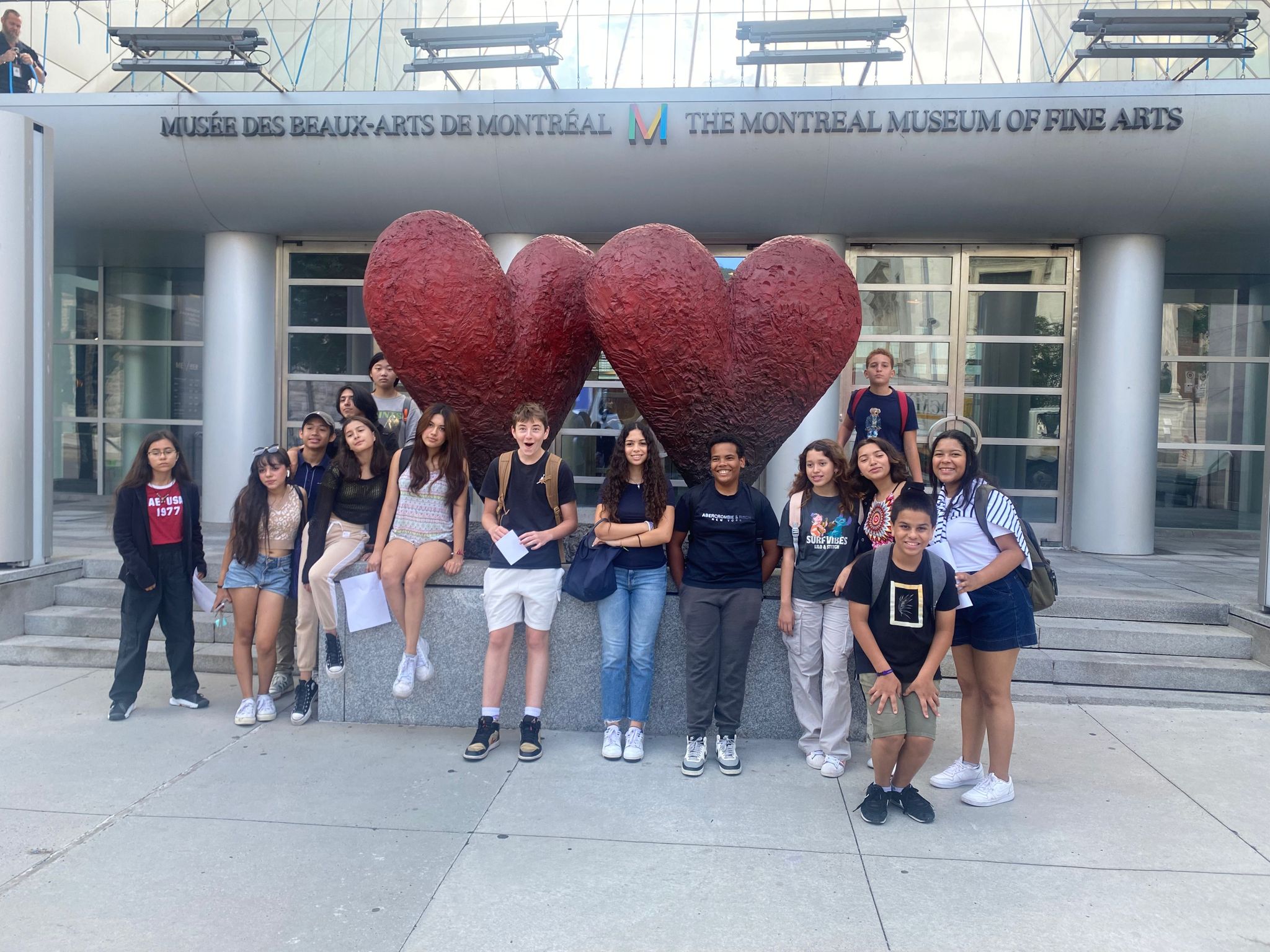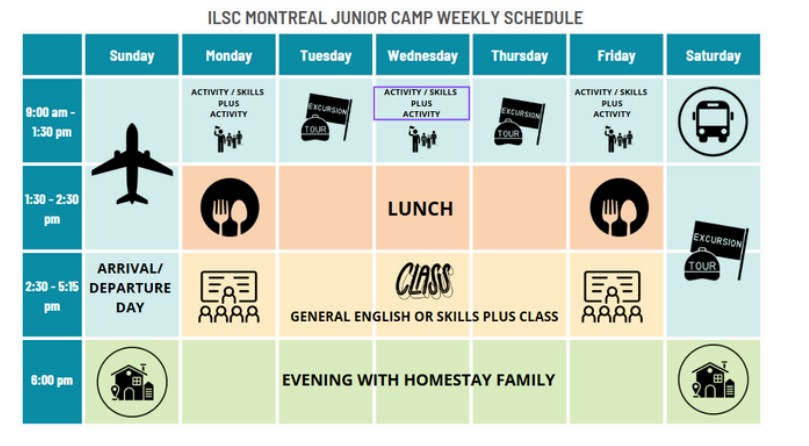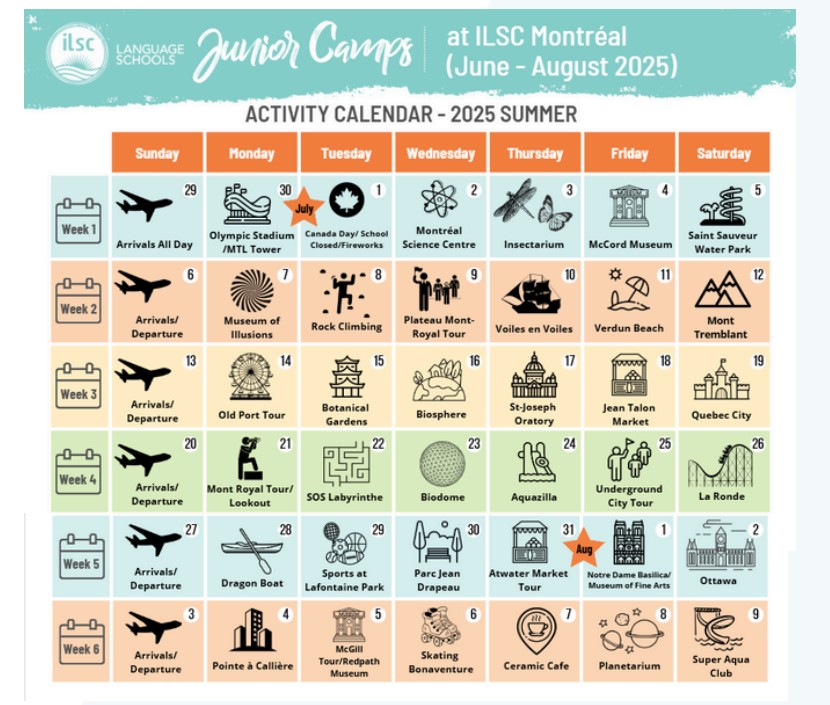Junior Camp at ILSC Montreal
Welcome to the ILSC Montreal Junior Camp!
Here you will find everything you need to enjoy the amazing language and cultural experience ahead of you.
Bookmark this page so you can come back to it later and use the language button to translate to your language.
Check out our Useful Resources section.
Before you arrive
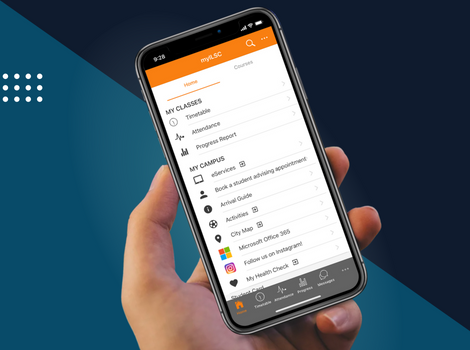
Set up your ILSC digital account and your personal ILSC Junior Camp email account.
Visit the Juniors Digital Setup Guide for step-by-step instructions.
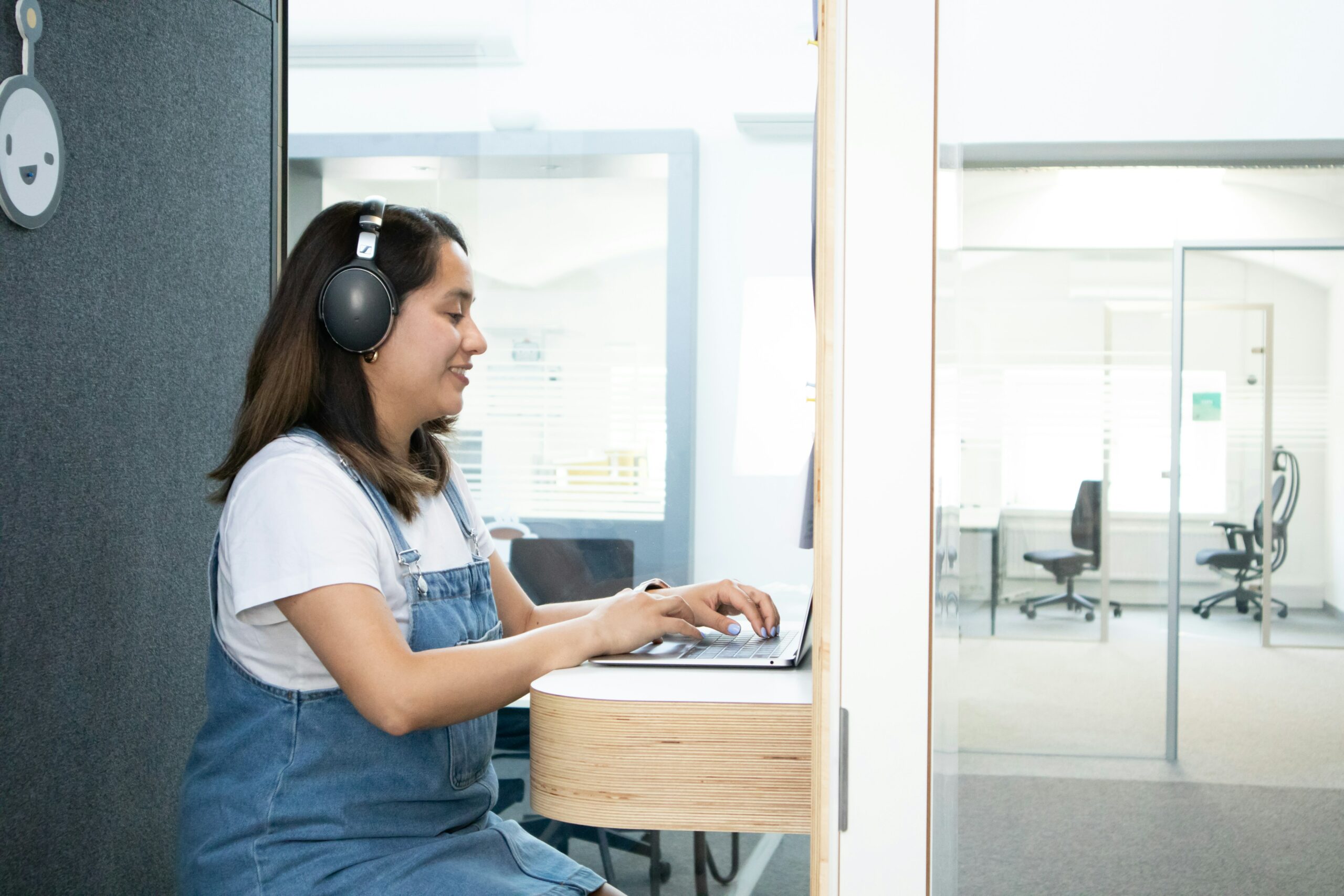
Your language assessment will take place in person on your first day in a fun, gamified way! No need to complete an online test beforehand—just come ready to participate and enjoy the experience.
When you arrive
Arriving at the Airport
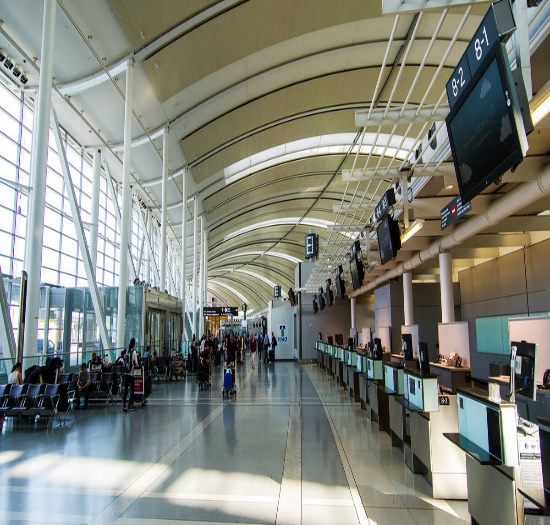
-
If you are coming from an international flight, you will be arriving at the international arrivals terminal of the airport.
If you are coming from a Canadian connecting flight, you will be arriving in the domestic arrivals terminal of the airport.
Airport Pickup
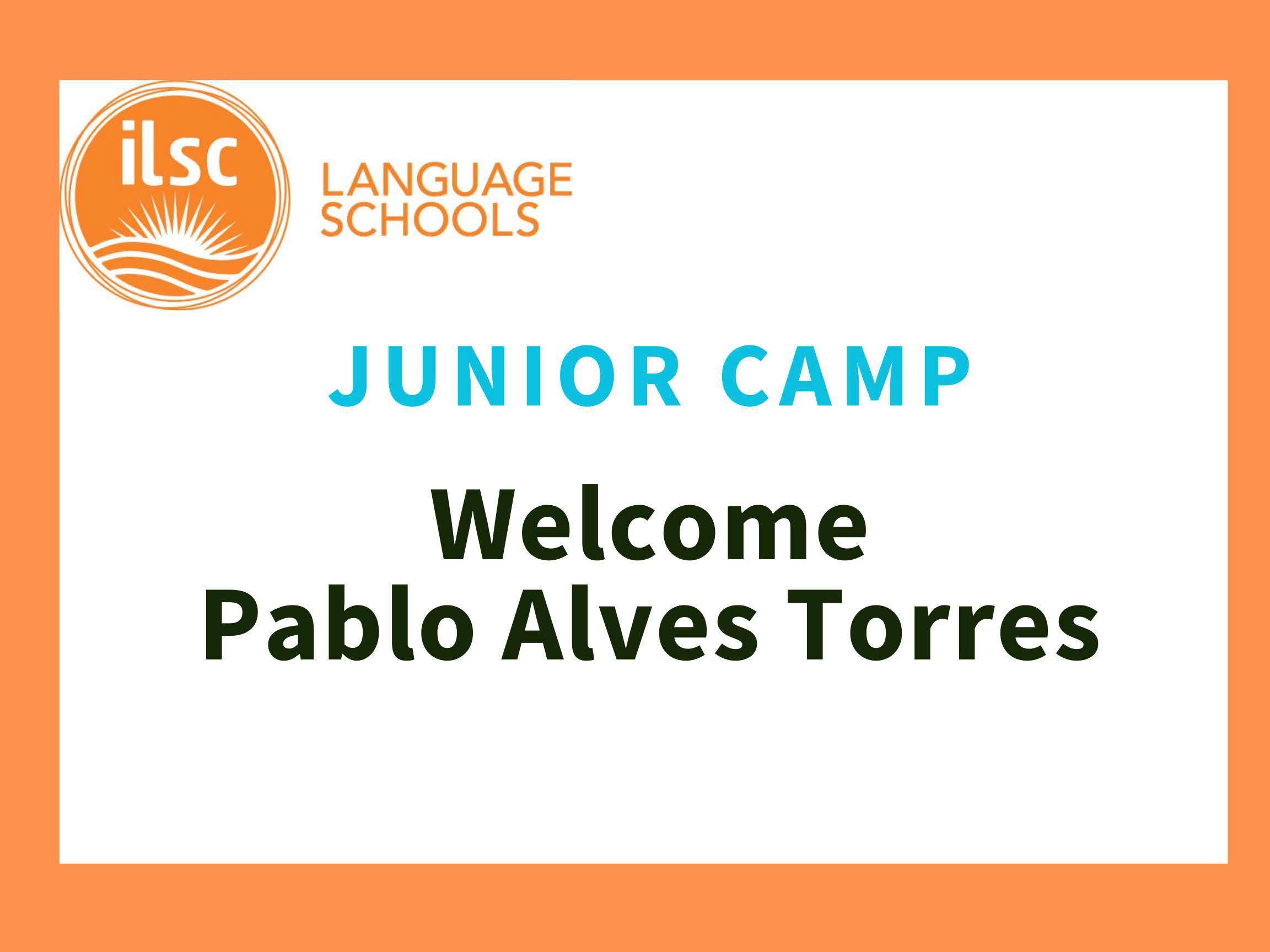
-
There will be an ILSC Junior Camps staff member waiting for you inside the terminal. The person will be waiting for you with a sign with the ILSC logo and your name. The Junior Camp staff will greet you and help you find the driver assigned to pick you up and take you to your homestay.
First Day Information
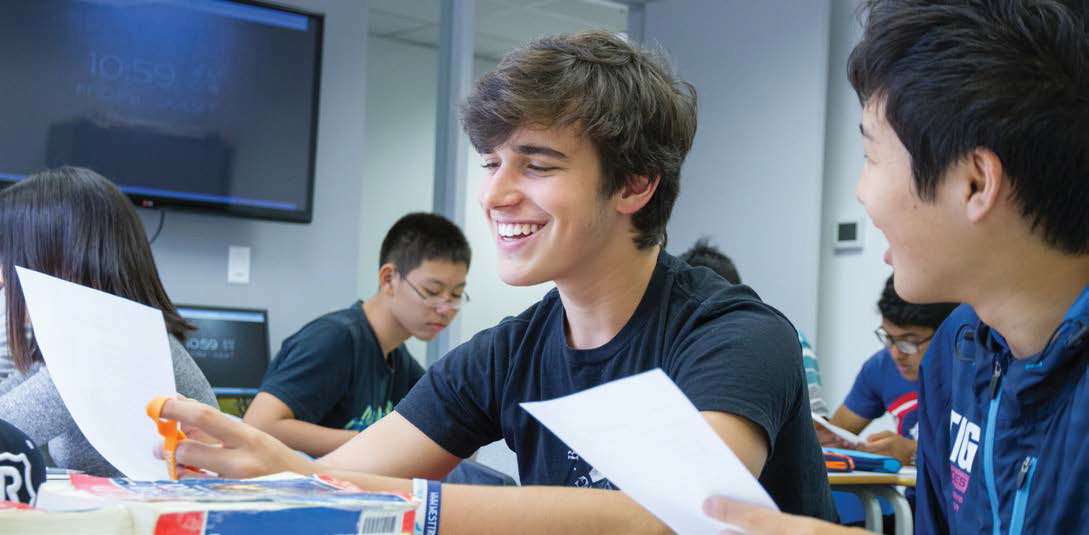
-
On your first day, arrive on campus in the morning. Orientation will begin at 9am. Your host family will explain how to get to campus using public transport. Bring your water bottle and any school supplies you need for your class.
Life at the Homestay
Our Student Accommodation Department will match you with a homestay family based on the information you included on your application (i.e., age, allergies, preferences). Prior to your arrival, you will receive a description of your homestay family including names of the family members, their ages, professions, and interests. You are strongly encouraged to communicate with your family by e-mail or by phone before you arrive. Sending them a picture is also a good idea. They are as curious about you as you are about them!
Your homestay is your home away from home – a place where you can relax and experience Canadian family life. Your host family will provide you with a comfortable place to stay, meals and any guidance or support if and when you need it.
The Homestay and Host Family
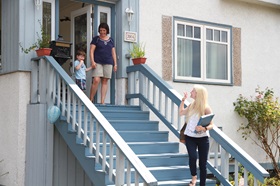
Host Family
We carefully select our host families by inspecting their homes and interviewing them before accepting them as appropriate families for our Junior Camp students. We advise our host families of our expectations in providing our students with the care and attention they need.
Canada is a diverse country and our host families come from a variety of ethnic backgrounds, races, religions, abilities and sexual orientations. Our host families are also diverse in their structure – two-parent families, single parent families, parents who work from home, or retirees.
Features of a host family
A clean home in a safe neighbourhood that provides our students with a private furnished room, shared bathroom, access to laundry facilities, and 3 meals per day.
A home that is accessible by public transportation and is approximately a 45-60 minute commute by bus or train.
Schedules
Canadians typically leave for work between 6:00 AM and 8:30 AM and arrive home around 6:00 PM. Dinner is usually served between 6:00 PM- 7:00 PM. Bedtime is usually between 9:00 PM-11:00 PM.
Tell Us About It
If you have a problem with your host family, please tell the Junior Camp staff or the Accommodations Manager, and we will help
you.
Meals and Laundry
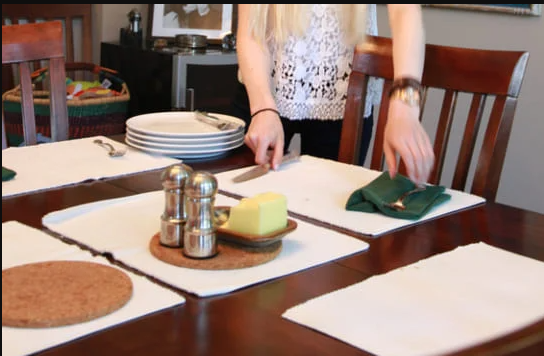
Meals
Meals with host families should not be missed. If you have any food concerns, discuss them with your host parents. Tell them if there is a particular type of food you dislike or if you desire another type of food.
Cleaning
In Canada, family members usually help with the household tasks. You may be asked to help with some of these tasks and you will be expected to keep your room and the washroom neat and tidy.
3 Meals a Day
Breakfast is usually self-serve (prepared by student) and families often do not eat together. Canadian breakfasts typically consist of : Cereal, toasted bread with jam and/or peanut butter or cheese or yogurt and fruit. Breakfast is usually between 6:00 AM – 8:00 AM (Monday-Saturday)and 9:00 AM – 10:00 AM on Sundays.
Lunch in Canada is not a large meal and will usually be a packed lunch to be eaten at school or on the field trip. Canadian lunches typically consist of leftovers (uneaten food from dinner the night before), or a sandwich with meat and/or cheese, tomato, and lettuce. Snacks consist of fruit, granola bars, or yogurt. Water is usually the preferred drink choice and is very safe to drink. Lunch takes place between 1:30pm-2:30pm (Monday-Saturday) and between 12:00pm-2:00pm on Sundays.
Dinner is the largest meal of the day and is usually eaten together with the host family.
Dinner meals may include meat, potatoes, vegetables/salad, pasta or stir fry and rice. Desserts are not usually offered but your host family may offer fruit.
Rooms and Bathrooms
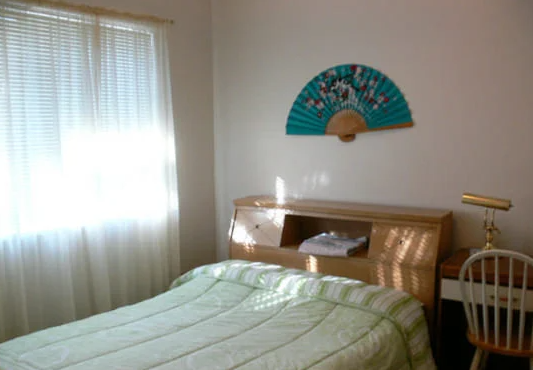
Rooms
You will be living in private furnished room, with a shared bathroom and access to laundry facilities.
If you are tired or just want some time alone, it is okay to go to your bedroom. If you want privacy, close the door to your room. You do not have to stay with the homestay family at all times.
Bathrooms
Your Canadian shower should have a shower door or curtain. If you have a curtain, make sure it is always inside the tub so that water does not drip on the floor. If water gets on the floor, please clean it up. Shower times should not be longer than 15 minutes, and bathroom times should not be more than 20 minutes, as your family may share the bathroom with you.
Facilities and Internet

Laundry
Most host families have a washer and dryer machine and will usually inform wen they explain the house rules if you are expected to do your own laundry or if they will do it for you. If you will be washing your own clothes, please ask your host parents to show you how to use the machines and when is a good time to use them. You should expect to do your laundry once a week.
Internet
Internet is included in your homestay.
Be considerate when using your phone in the evening and use headphones rather than the speaker function on your phone to avoid waking the family. Phone calls should not be made after 9:00 PM.
Life on Campus
Montreal Campus and Classes
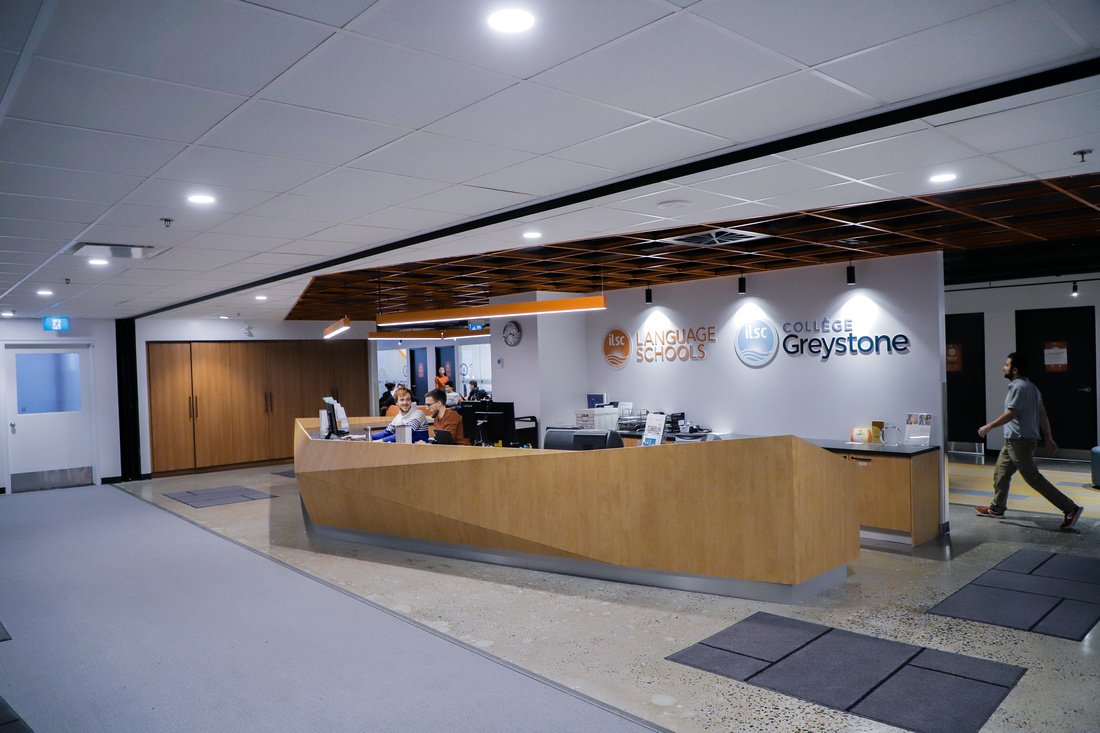
Mobile phones and valuables
Respect your teacher and classmates.
Please turn your cell phone off during class times.
Always keep your valuables with you: your wallet, bag, cell phone, electronic dictionary etc.
BEING ENVIRONMENTALLY FRIENDLY
We want to help planet earth! So, remember the three R’s:
» Reduce: Bring your own cup or bottle
» Recycle: Use the right recycling bins, for beverage bottle and cartons, food scraps (compost) and paper
» Reuse: Bring your lunch in re-usable containers
Learn
All our classes take place on the ILSC Montreal campus.
Number of lessons: 17 lessons, 15 hours per week
Number of students per class: 16 students maximum
Teaching Philosophy
Learning works better when it is student-centred.
Learning works faster when it’s combined with everyday experiences.
People learn best when they are confident, at ease and happy.
What and how you study
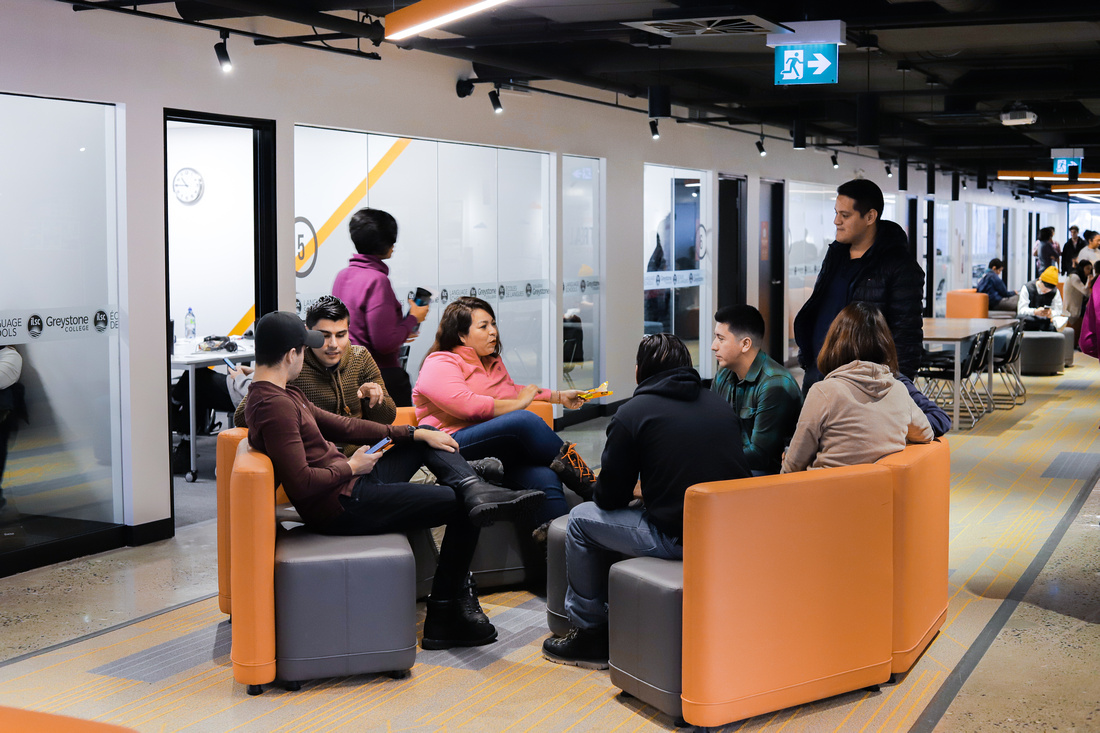
lateness and Absenteeism
You are expected to be on time to classes. Attendance, punctuality and participation are important parts of learning.
Students who come to class every day, on time:
» Learn more English!
» Get the class off to a good start!
Please note: if for any reason you are unable to attend a class or activity, please notify the school IN ADVANCE with a written notice or phone call.
Content
Reading, grammar, vocabulary, and writing are taught in dynamic and interesting ways.
Speaking and listening are practiced through discussion topics that are interesting and relevant to today’s youth.
English/French Only Policy
The English/French Only environment helps you:
» Think in English/French
» Improve your English/French faster
» Learn about other cultures
» Make friends!
Language Levels
Our five-level Junior Camp curriculum is designed to meet the diverse needs of our students, to address the range in language skills and abilities, and to challenge each individual student to progress and excel, based on their level.
Certificates and Leadership Class
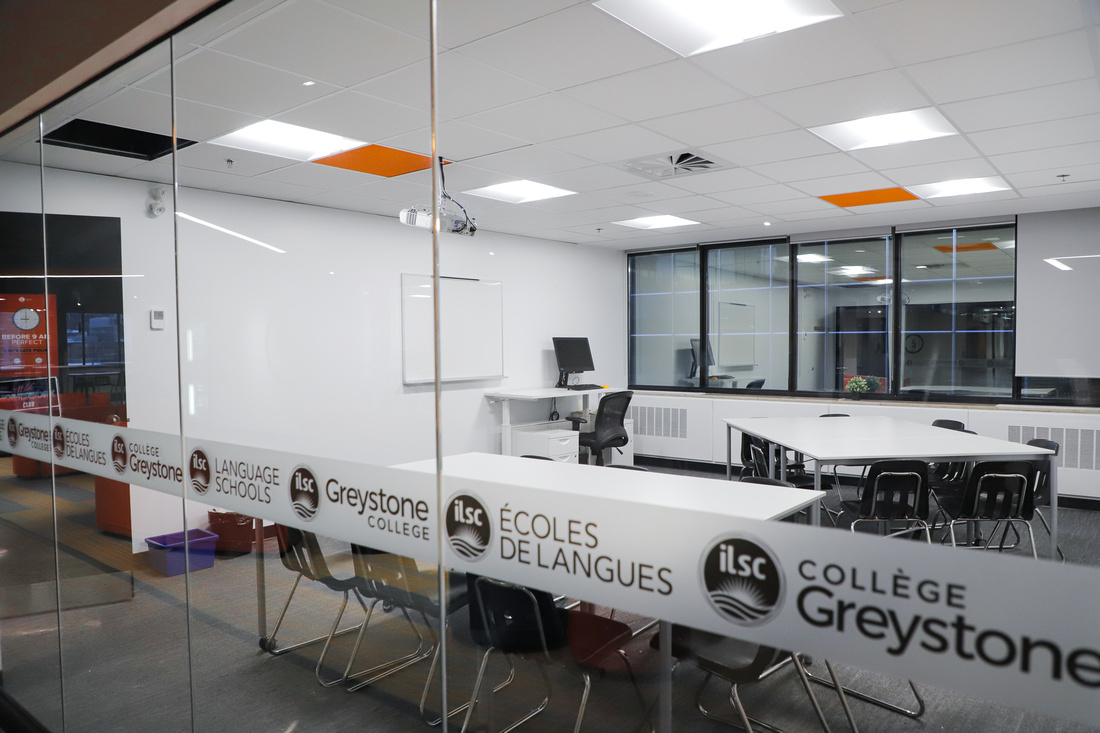
Certificate
Students will receive a progress report and an end of course certificate upon completion of the program.
Leadership Class
The Leadership class is designed to inspire young leaders. Students will develop essential leadership skills such as critical thinking, communication, empathy, and cultural awareness. This dynamic program fosters confidence and empowers teens with the tools they need to become confident and compassionate leaders in their schools, communities, and beyond.
The Leadership class is optional, and available during specific weeks of the program for an additional fee. This option is only available in English, and students who choose this option take it instead of General English or French classes.
Life in Montreal
About the city
European sophistication meets Canadian friendliness in Montréal, the largest French-speaking city in the world outside of Paris. This metropolis of 3.6 million offers culture around the clock in both English and French.
The ILSC–Montréal campus is located downtown close to major transit hubs, parks, shopping and more, and if you’re passionate about the arts, film, food, and fashion, you’ll fall in love with this city as soon as you arrive.
Public Transport and Phones
Public Transport is a great way to explore Montreal. Click on the images for more information.
Note: Fares are current as of July 1, 2023 and are subject to change. Additional fares may apply depending on zone and the destinations you are travelling between. For more information on fares, please see the website below: https://www.artm.quebec/wp-content/uploads/2023/11/Fare-schedule-2023-2024.pdf
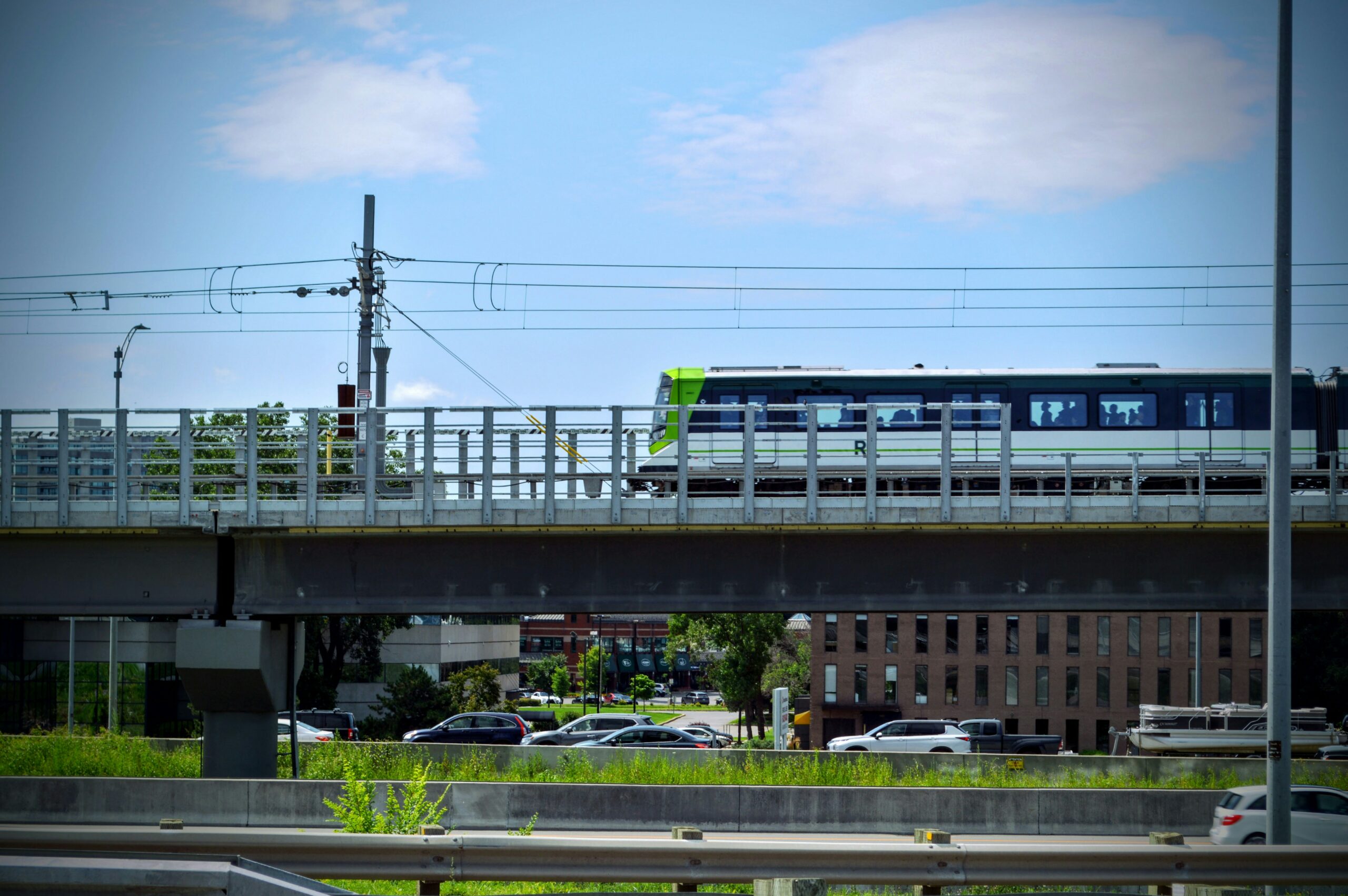
Trains
COMMUTER TRAIN/TRAINS DE BANLIEUE
The commuter train provides a convenient public transportation option for travelling into the city from around the Montréal metropolitan region.
|
AMT/RMT OPTIONS |
FARE AMOUNT |
|
Monthly pass |
$97 – $263 |
|
Ten tickets |
$32.50 – $79 |
|
One ticket |
$3.75 – $9.25 |
Reload your OPUS transport card
Click here to see how to put money onto your OPUS card. How to use the OPUS Reload feature – Autorité régionale de transport métropolitain | ARTM
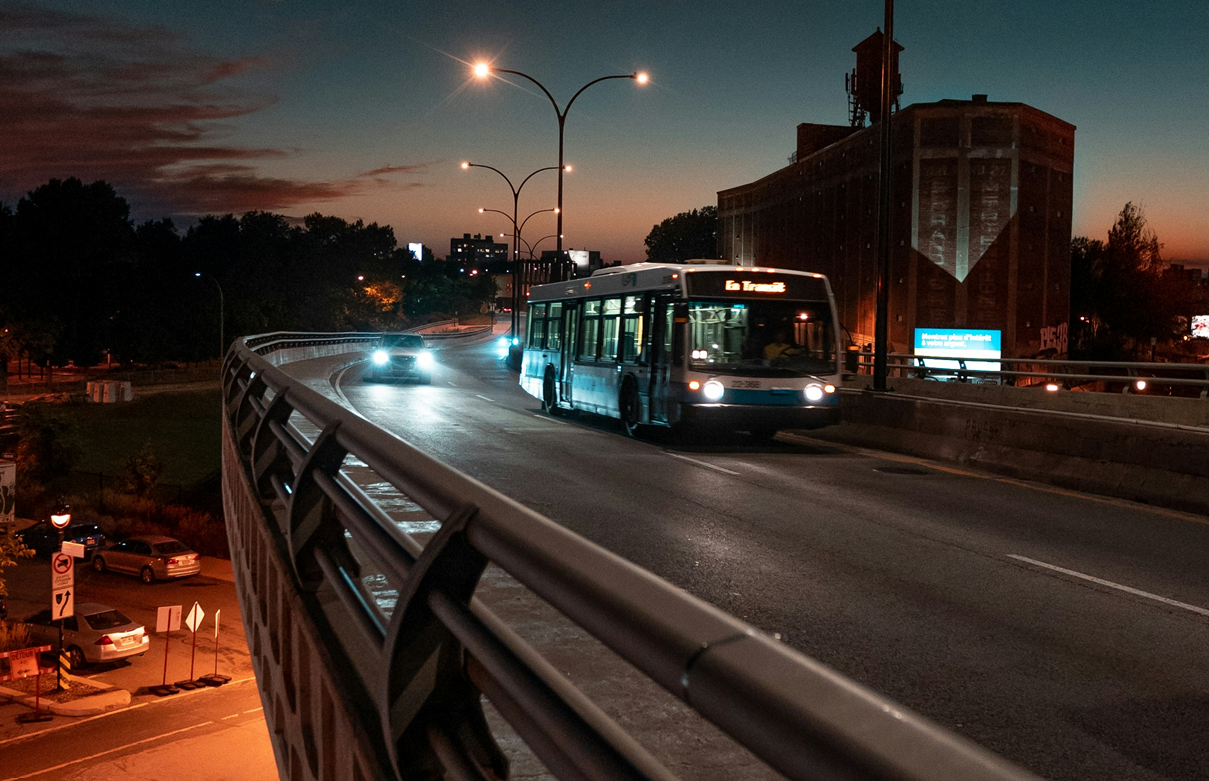
Bus and Metro
PUBLIC TRANSIT/SOCIÉTÉ DE TRANSPORT DE MONTRÉAL (STM)
This is the best way to get around Montréal. The STM includes both buses and subway trains (the Metro system).
| STM OPTIONS | FARE AMOUNT |
| Monthly pass | $97 |
| Weekly pass (Mon.–Fri.) | $30 |
| Ten tickets | $32.50 |
| Two tickets | $7.00 |
| One ticket | $3.75 |
*Must purchase a rechargeable OPUS card: $9.75 (Opus card is $6 plus one ticket is $3.75)

Telephones
SIM CARD AND DATA PLANS
We use the app WhatsApp to communicate with students on their mobile phones.
An international SIM card can lower your roaming and international calling expenses while you are in Canada.
You can use your current mobile phone and by changing the SIM card, you will get a local phone number and data plan!
A SIM card, can cost from $9-$19/week or $35-$55/ month, depending on the plan. For more information, please visit gophonebox.com/plans.
If you would like to purchase a SIM card, please let us know on your first day of class and one of the Junior Program staff will help you.
Telephone Use in Montreal
There are four area codes within Montréal. The city of Montréal uses (514) and (438) and areas outside of Montreal (450 and 873).
You must always dial the area code, along with the number.
If you are making a long-distance call, you must always dial 011 + the country code (011-55 +, or 011-886+, etc.) followed by the phone number.
911 is the Emergency number that can be dialed for FREE from any telephone. 1-800 numbers or 1-888 numbers are free.
